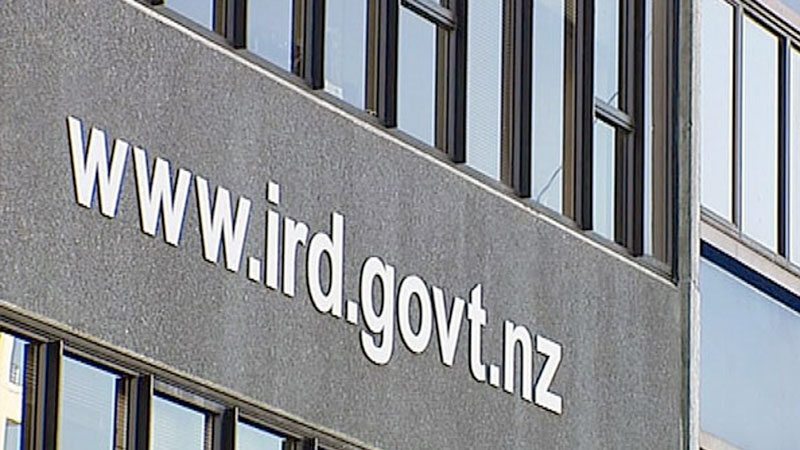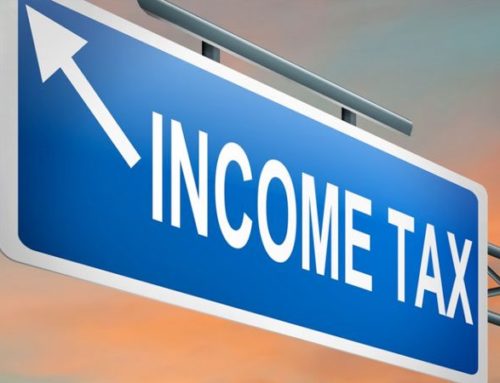 New Zealand residents are liable for income tax on their worldwide income. If you are a New Zealand tax resident, you will need to pay income tax on all income you receive from both New Zealand and overseas.
New Zealand residents are liable for income tax on their worldwide income. If you are a New Zealand tax resident, you will need to pay income tax on all income you receive from both New Zealand and overseas.
If you have taxable activity in New Zealand, you will need to pay Goods and Services Tax (GST).
You are a New Zealand resident for tax purposes if:
- You are overseas for less than 325 days in a 12 month period.
- You are overseas in the service of the New Zealand Government.
- You have an ‘enduring relationship’ with New Zealand.
New Zealand GovernmentTo decide whether you have an enduring relationship with New Zealand, Inland Revenue considers things such as:
- Whether you are here for continuous periods from time to time
- Whether you own, lease or have access to property in New Zealand
- Your social ties (where your immediate family lives, if you have children being educated here, if you belong to any New Zealand associations)
- Your economic ties (if you have bank accounts, credit cards, life insurance, investments or superannuation funds here)
- Your employment (if you work here)
- Your personal property (if you own or keep possessions here)
- Whether you intend to live in New Zealand
- Whether you receive welfare benefits, pensions and other payments.
Please note that you can keep similar ties, or even a home, in other countries, but still be a New Zealand resident for tax purposes. If you have an enduring relationship with New Zealand, you will always be a tax resident.
You may be a tax resident in New Zealand and another country. This means you are resident in two countries under the tax laws of each of those countries. If both countries tax their residents on worldwide income, you could be taxed twice on the same income. New Zealand has double tax agreements with many other countries. These agreements establish which country has the first or sole right to tax certain types of income. Inland Revenue provides expert advice on these issues.
IRD Numbers
New Zealand GovernmentAn IRD number is a unique identifying number that you use for all your contacts with Inland Revenue (similar to a bank account number). You will need an IRD number before you start a job or open a bank account. Otherwise, your employer or bank will deduct the ‘no declaration’ rate of tax from your salary. This rate is much higher than the standard deduction rates and will significantly reduce the net income you receive.
You can apply for a number by filling in the appropriate application form (IR595). This form needs to be completed and returned to Inland Revenue with identification, such as a copy of your birth certificate or passport.
If you need to apply for IRD numbers for your children, fill in the appropriate form, which is either:
- An IRD number application – children (IR594) if a parent/caregiver is applying on behalf of the child
- An IRD number application – individual (IR595) if the child is applying for himself or herself.
Send the application form to Inland Revenue, along with a copy of the child’s birth certificate, passport or certificate of New Zealand citizenship.







Leave A Comment